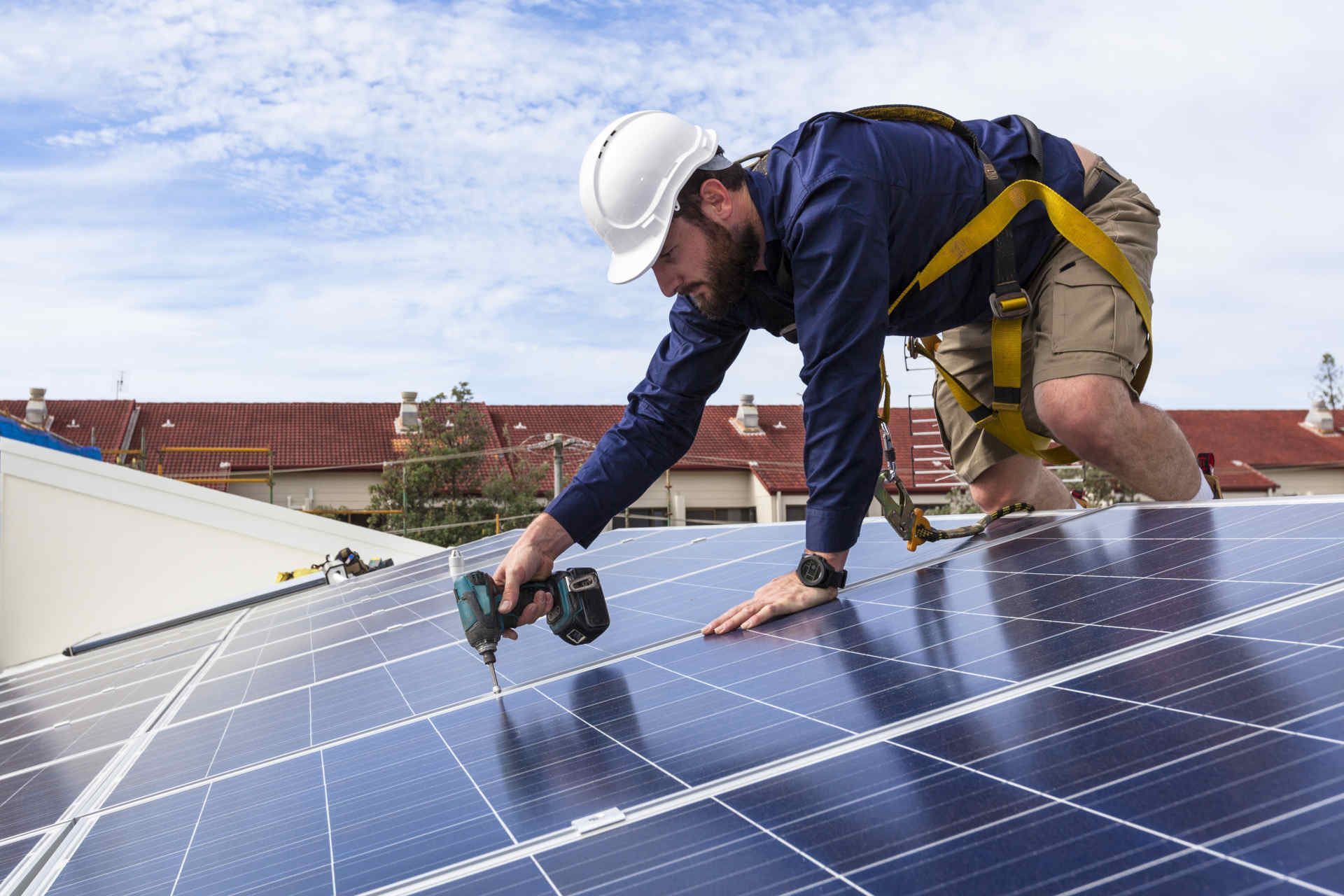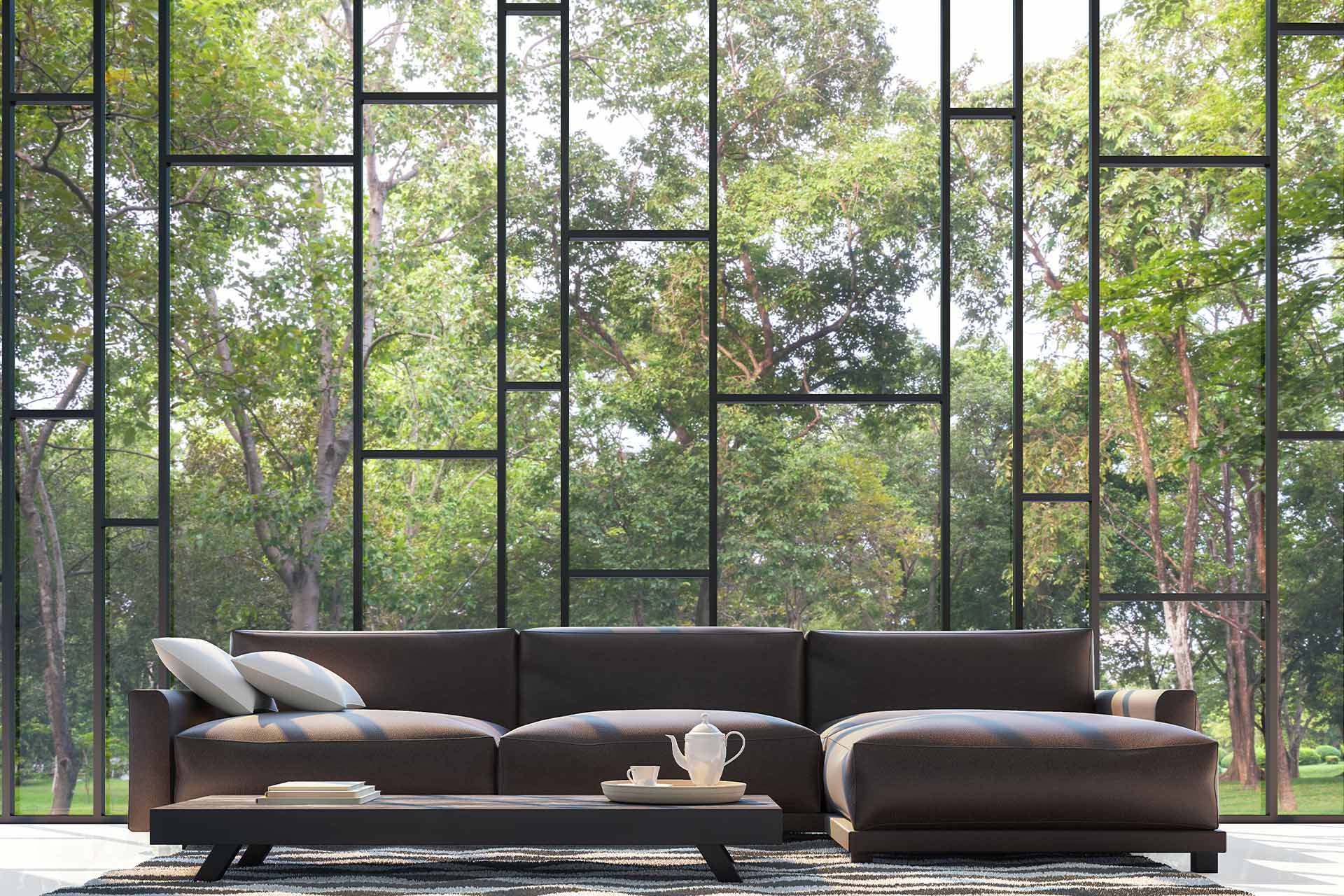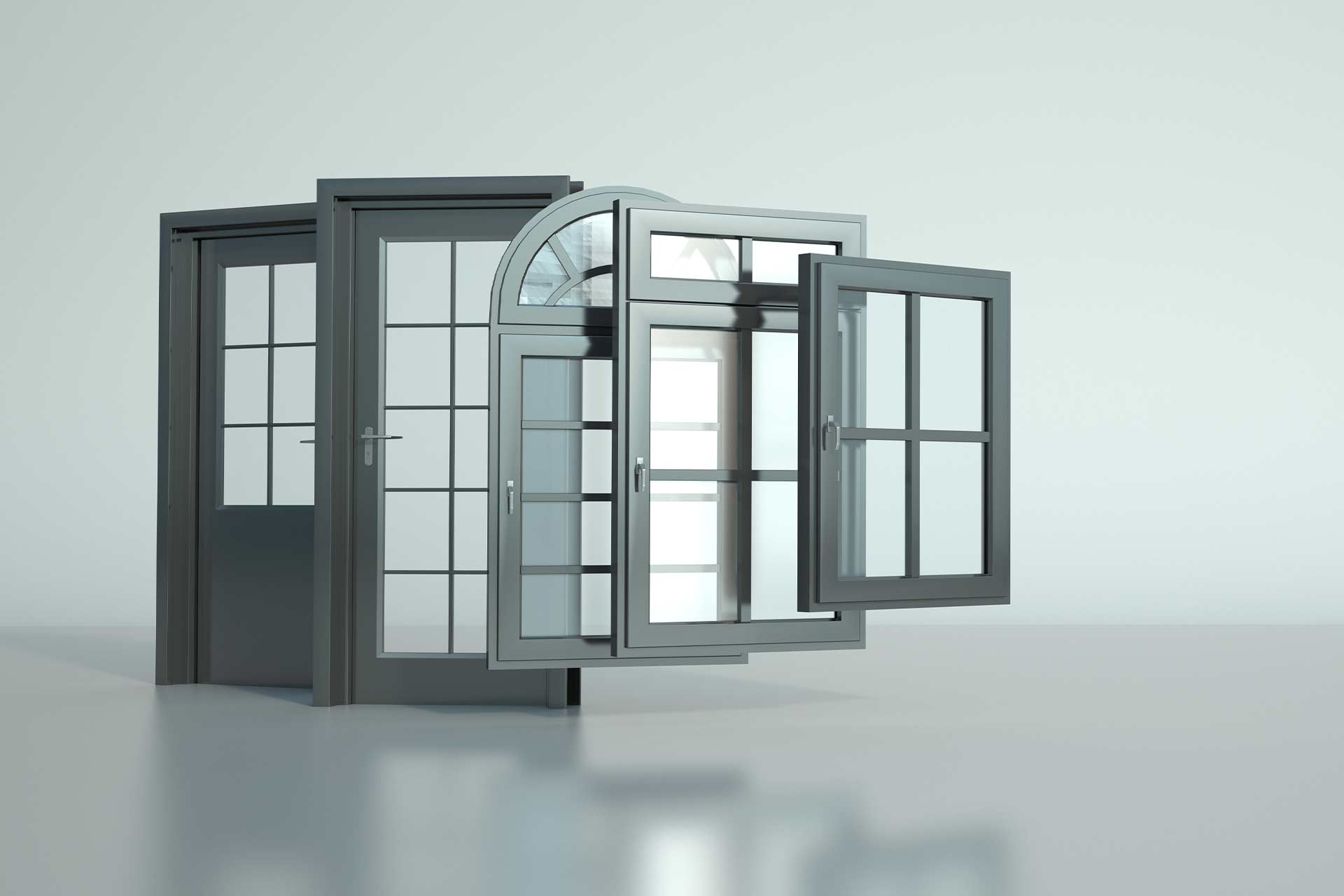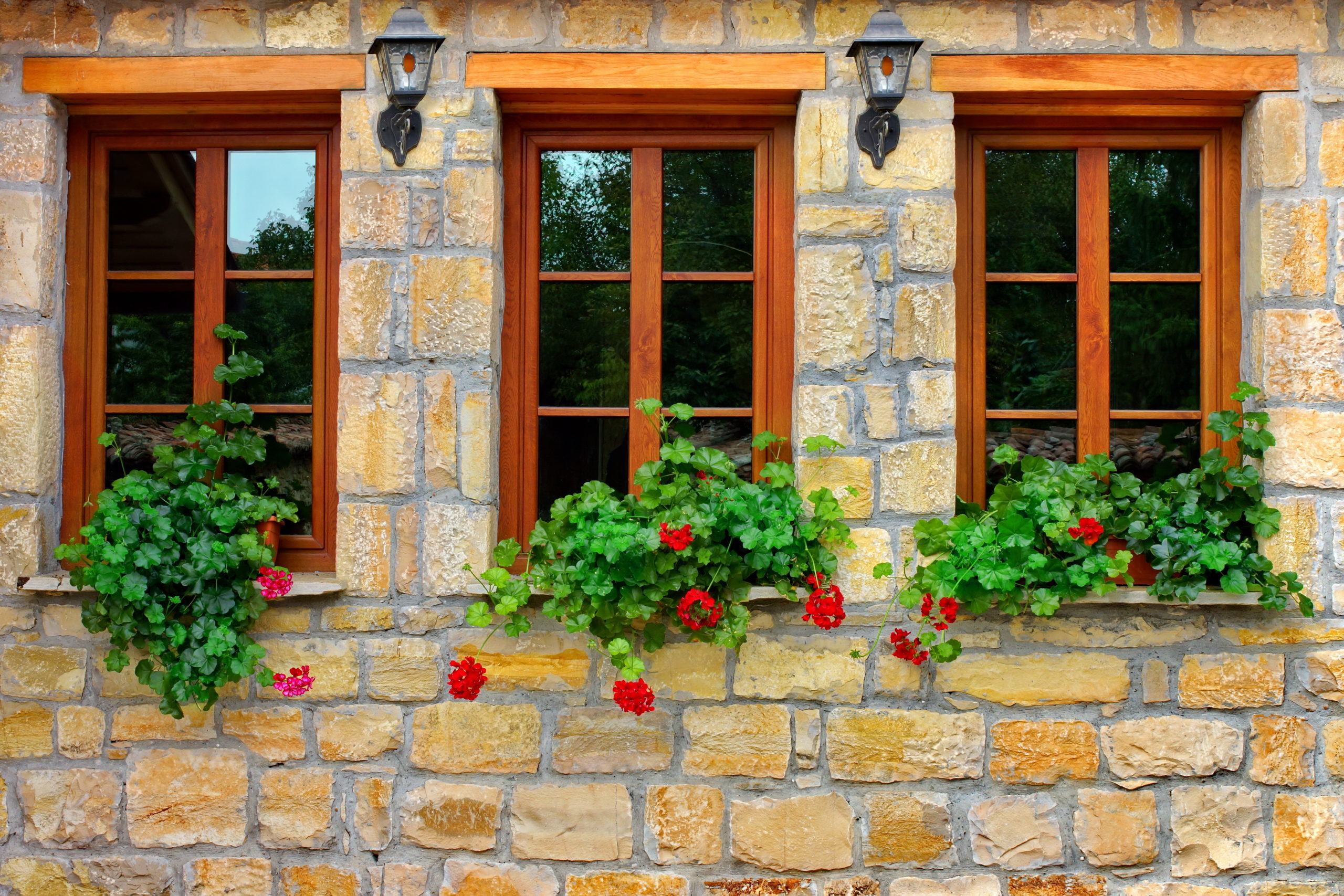Blog>Expert Advice>uPVC windows vs wooden windows: which is best?
Last updated: 22 November 2024
uPVC windows vs wooden windows: which is best?
Weighing up the benefits of uPVC vs wooden windows? Learn about the pros and cons of each and find an experienced window fitter for the job.
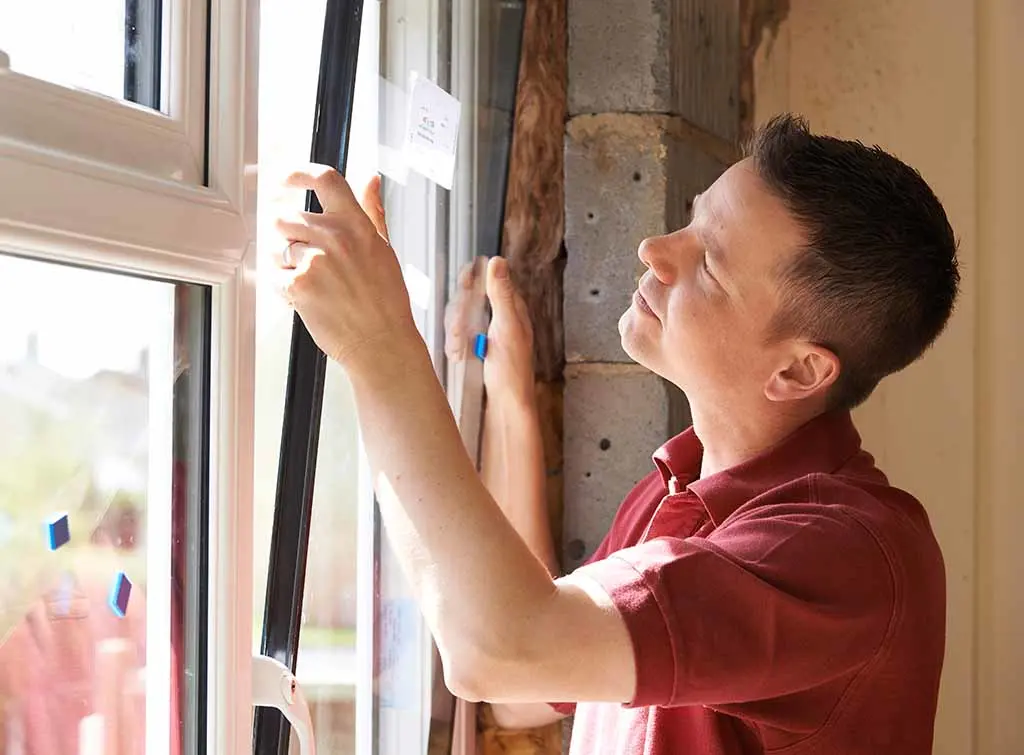
Have your windows seen better days? Or perhaps you’re looking to improve your home's energy efficiency?
Whatever the case, installing wooden or uPVC windows is a sizable investment that you want to get right the first time.
Here we weigh up the pros, cons, and costs to help you make an informed decision.
uPVC vs wooden windows: key factors to consider
For many homeowners, the cost is the clincher when deciding between uPVC and wooden windows. So, let’s start here first.
Cost:
You can expect to pay at least 50% more for wood windows than for uPVC windows
For wooden windows, you’re looking at around £925for the supply and installation of a timber casement window (600x900mm)
Supply and install for uPVC casement windows starts at around £500 per window
Coloured uPVC and wood-effect windows cost around 10% – 20% more than regular white frames
Expect to pay more for double or triple glazing or other specialist glazing
Soundproofing and self-cleaning will also increase the overall cost
Scaffolding which could be an additional cost
If you’re curious to find out more, check out our comprehensive new windows cost guide and calculator.
See the tradespeople we've checked and recommend for your job
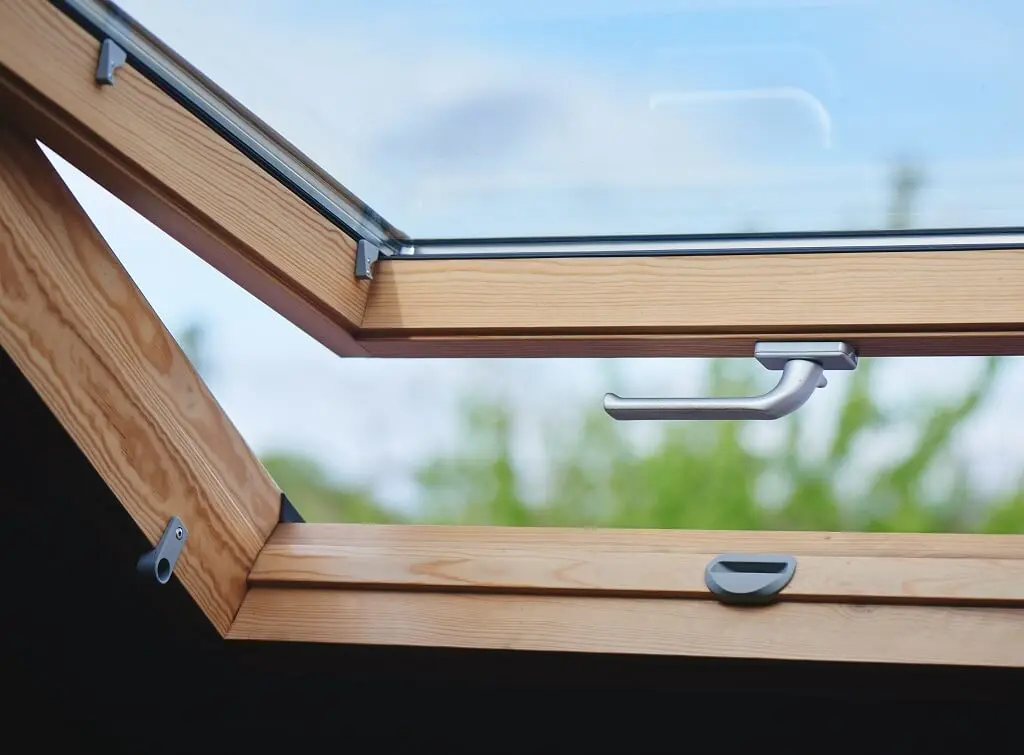
Design and style:
High-quality, anthracite grey coloured uPVC windows suit sleek, contemporary homes
Wooden windows are better suited to the architectural style of period houses
Don't rule out uPVC frames if you’re looking for a wood finish – timber-effect frames can look surprisingly realistic
You can also choose from a wide range of coloured uPVC windows to make a statement
If you live in a conservation area, check with local planners about any specific criteria before changing your windows
Energy efficiency:
uPVC retain more heat than standard glass windows
Their double-glazing properties improve insulation
Wooden windows with double or triple glazing can achieve similar energy efficiency to uPVC windows but they are much more expensive
Our new windows cost guide has more information about the costs involved.
Maintenance requirements:
When professionally installed and well-maintained with regular cleaning, good-quality uPVC windows can last up to 35 years
Timber frames should be repainted every five to eight years, but can last between 50 and 60 years
Environmental impact:
Wooden windows have a lower environmental impact, as they are made from a natural material
Once they're past repair, they can be easily disposed of
uPVC is highly processed and made of plastic and metal, making it hard to recycle
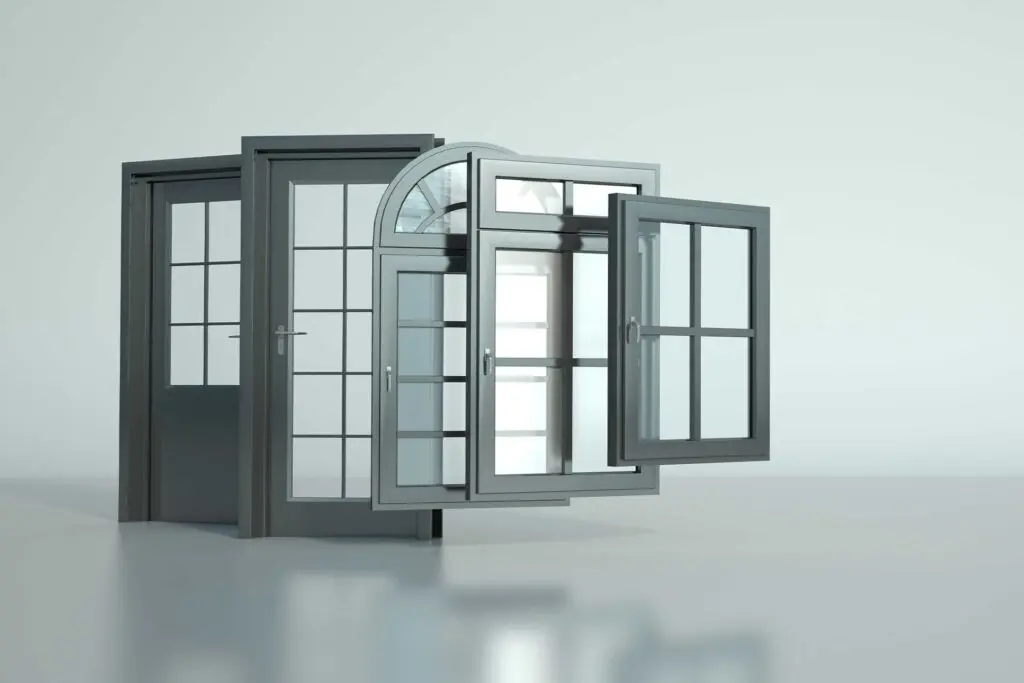
uPVC windows: pros and cons
Still on the fence about which to go for? Let’s recap on the pros and cons of both.
First up, uPVC windows.
Pros:
Affordability – Less expensive than wooden windows or composite windows
Low maintenance – Long lasting, easy to clean, with no need for repainting
Durability – If professionally installed and well-maintained, good-quality uPVC windows can last up to 35 years
Energy efficiency – Impressive insulation properties to keep your home warm and help with energy savings
Extra security – New styles have multi-point locking systems, bolting into the frame at several points for better security
Bespoke – uPVC windows come in a variety of colours, finishes, and window styles
Modern look – Great for complementing sleek, contemporary homes
Cons:
Limited styles – May not fit with the look of some period homes or be seen as ‘desirable’ to some homebuyers
Environmental impact – Non-biodegradable material and limited recycling options mean they’re not the most eco-friendly option
Short lifespan – uPVC won’t last as long as wooden windows
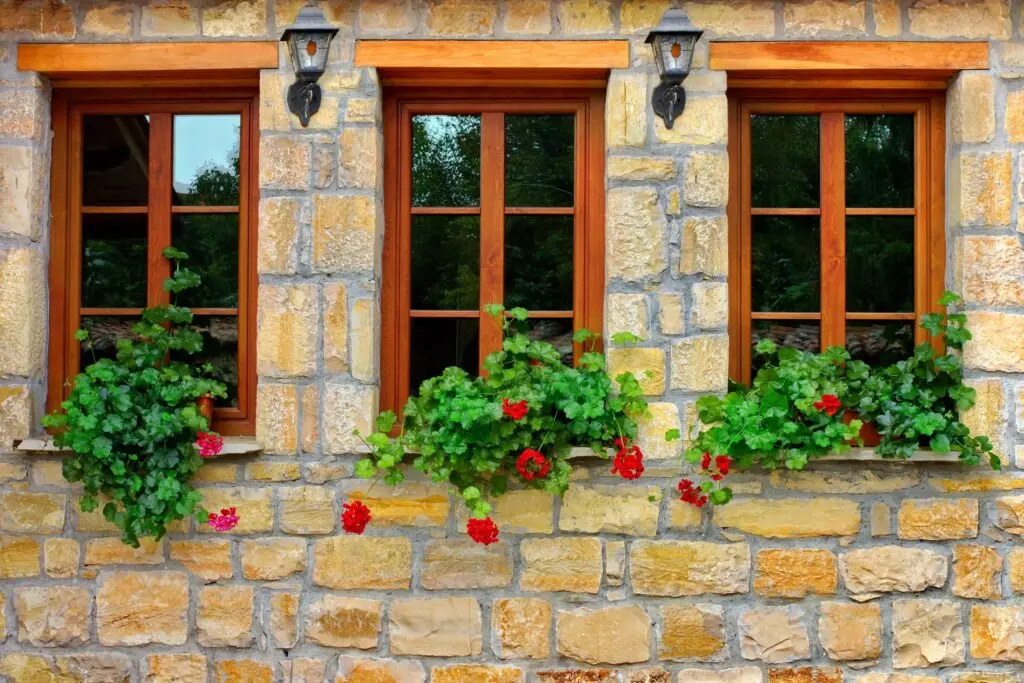
Wooden windows: pros and cons
While the wooden windows are the most expensive of the two, the benefits do stack up.
Pros:
Style – Complements traditional and modern homes alike and is an instant way of adding charm and character
Eco-friendly – Wood is a natural, renewable resource
Durability – If well-maintained and made from certified timber, wooden windows can last between 50 to 60 years
Bespoke – You can choose from various colours and finishes. Or let the natural wood shine through!
Energy-efficient – If you choose double or triple-glazed wooden windows, the insulation properties can be similar to uPVC windows
Long-term investment – Wooden windows can add value to your home
Cons:
Expensive – Especially if you choose hardwood and triple-glazing
Higher maintenance – You’ll need to factor in the cost of sealing and repainting every five to eight years to weatherproof them
Higher initial cost – Generally more expensive than uPVC, although they will last longer if professionally installed and well-maintained
Choosing a reliable tradesperson for your uPVC or wooden window installation
Been through the pros and cons above and feel ready to get some quotes for the work?
Choosing a professional window fitter is essential. A poor quality installation can lead to heat loss through your new windows, ultimately costing you more in repairs and energy bills.
Also, as the costs above have shown, this is a considerable investment that you want to get right. Which is where Checkatrade can help.
Finding a trusted window fitter with Checkatrade’s free directory is up next.
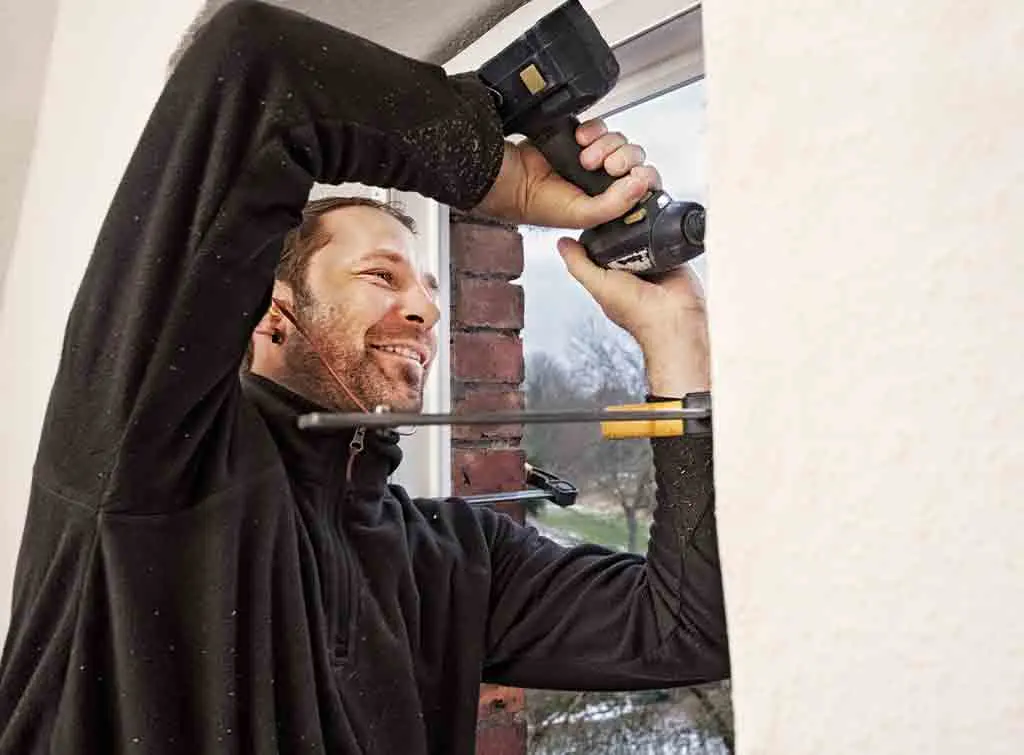
How to book a trusted window installer with Checkatrade
Ready to find an experienced and reliable window fitter near you?
Here are three simple ways to help nail down your search:
Use a professional directory
Save time by using our professional directory.
We're so confident in the quality of the trades on Checkatrade that if you book through us, we guarantee their work up to £1,000. Guaranteed for 12 months – Eligibility criteria and T&Cs apply.
Contact or pay a trade through Checkatrade and you’re covered by our 12-month guarantee of up to £1,000*

Read online reviews
A review from a previous customer is one of the best ways to check a tradesperson's professionalism and the quality of their work.
At Checkatrade, we check all online reviews to ensure they're from real people and that trades meet our high standards.

We check the reviews on Checkatrade are from real people, and that trades meet our high standards.
Compare quotes
Get at least three quotes from experienced window fitters. That way, you can be sure you're getting the best tradesperson and price for the job.
Search your postcode to get started.
See the tradespeople we've checked and recommend for your job
uPVC windows vs wooden windows: key takeaways
Expect to pay at least 50% more for wood windows than for uPVC windows
If well-maintained and made from certified timber, wooden windows can last between 50 to 60 years
Meanwhile, professionally installed, good-quality uPVC windows can last up to 35 years
Both offer good energy efficiency qualities, but uPVC windows are the more budget-friendly choice
uPVC vs wooden windows: Frequently asked questions
How long do uPVC vs wooden windows last?
If professionally installed, good-quality uPVC windows can last up to 35 years. However, wooden windows can last between 50 and 60 years if well-maintained and made from certified timber.
Are wooden windows worth the extra cost?
If you can stretch your budget, wooden windows will always be a worthwhile investment. They will last longer than uPVC windows and will add value to your home.
Which is more energy-efficient: uPVC or wood?
Both window styles can be energy-efficient, with options for double–or triple-glazed wooden windows now available to replicate the insulating properties of uPVC. However, uPVC is a more budget-friendly option.
Can I switch from uPVC to wood (or vice versa) easily?
It can be done, but we wouldn’t say it’s easy. The new frames need to match the dimensions of the existing openings. Otherwise, your installer will need to make modifications, which can be time-consuming and impact the cost.
More Expert Advice Articles
See the tradespeople we've checked and recommend for your job

